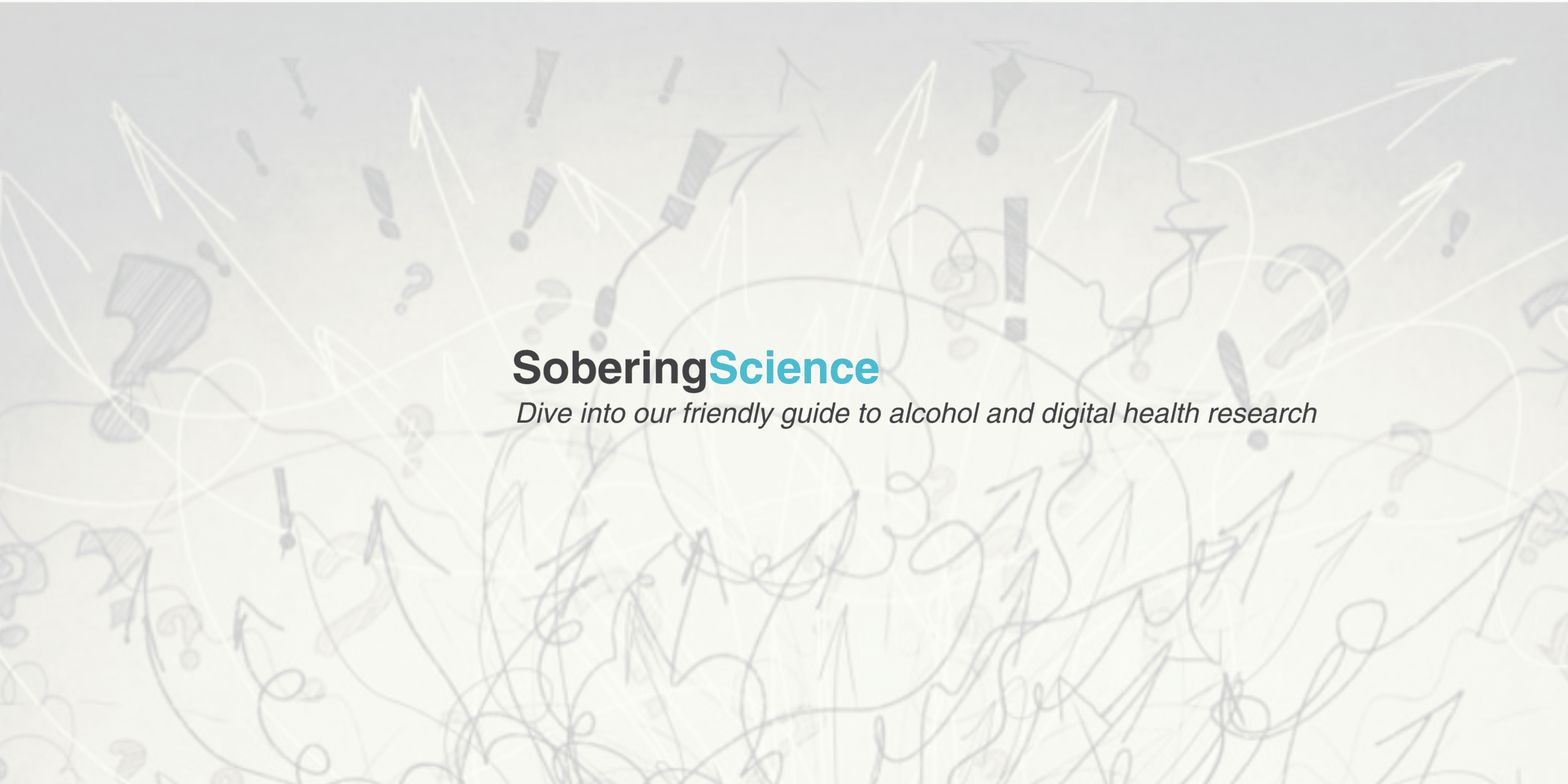
Alcohol and men’s mental health
Alcohol has been an important part of our daily lives for many centuries. Across Australia, people of all ages and genders drink various amounts of alcohol and this can have an impact on our mental health.1
It is also important to note that alcohol is a drug widely available in Australia, although most people do not think of it as a drug. Australian blokes are known for their celebration of life and having a drink with their mates, more often than women. Unfortunately, Australian men are three times more likely to die from suicide in which alcohol is a related factor. Alcohol kills almost twice as many men as women in Australia2 with both short-term and long-term effects such as road accidents and chronic mental health issues respectively. For many men, alcohol is a coping mechanism, even though it can amplify the mood they are in. To put it simply, in many cases, one of the major reasons for drinking alcohol is to feel better when they are experiencing depression or anxiety, in an attempt to help them with sleep or to get away from the problem temporarily; this is called self-medication in the field of mental health.
Headspace National Youth Mental Health foundation reported that the social pressure to drink alcohol from friends and family is higher among young men in Australia, which puts them at higher risks of addiction and behavioural problems.3 Although there is no significant difference in men's and women's experiences of mental health issues, it is important to acknowledge the fact that only 40% of affected men access the mental health services, when compared with women in Australia.4 There is a need for developing male-friendly services where men feel comfortable in seeking help, rather than continuously criticising their non-help-seeking behaviour.
Sometimes it is helpful to think of ‘emotional distress’ rather than mental illness, by acknowledging the underlying factors (social determinants of health) contributing to excess alcohol consumption. These factors can range from individual level to societal and cultural levels. The issues such as unemployment, underemployment, socio-economic status, relationship breakdowns, and discrimination against Aboriginal people and people of colour can play a key role in increasing alcohol consumption.5 Those involved in high risk occupations - construction, manufacturing industries - and tradesmen with no stable income are more prone to excess alcohol consumption and at risk of severe mental health problems.6 The recent reports of alcohol consumption during Covid-19 social distancing restrictions show very high levels of alcohol consumption (28% more than usual) among Australians as they cope with anxiety, negativity, stress and a rapidly changing situation.7
Evidence suggests that people with a higher level of social support and community participation live healthier because they have access to basic health information and moral support to seek help.8 According to Dr Neil Hall, Director of the Men’s Health Information and Resource Centre (MHIRC), many men are experiencing heightened stress due to isolation and unemployment, and now more than ever we need to work together to encourage good mental health and wellbeing.
“This Men’s Health Week we are asking people to check in with the men in their lives – pick up the phone, send a text or get together online – to start an important conversation, and to share vital support and health information,” said Dr Hall.
For 24/7 crisis support call Lifeline Australia on 13 11 14. For men’s health information and support resources, visit the Men’s Health Week website.
To host or attend an online event during June, and to access the excellent Men’s Health Week resources visit the Men’s Health Week website.
Author:
Shravankumar Guntuku,
Men’s Health Week Coordinator,
Men’s Heath Information and Resource Centre, Western Sydney University
References:
1. Mental Health Foundation. Cheers Report. Available at https://www.mentalhealth.org.uk/publications/cheers-understanding-relationship-between-alcohol-and-mental-health [accessed 2 June 2020]
2. Australian Bureau of Statistics, 2019. DEATHS DUE TO HARMFUL ALCOHOL CONSUMPTION IN AUSTRALIA viewed 2 June 2020, https://www.abs.gov.au/ausstats/abs@.nsf/Lookup/by%20Subject/3303.0~2017~Main%20Features~Deaths%20due%20to%20harmful%20alcohol%20consumption%20in%20Australia~4
3. https://headspace.org.au/young-people/how-does-alcohol-affect-mental-health/
4. Australian Institute of Health and Welfare Medicare subsidised mental health-related services 2016-17
5. World Health Organisation, 2018. Alcohol Key facts. Viewed 2 June 2020, https://www.who.int/news-room/fact-sheets/detail/alcohol
6. Frone, M. R. (2011). Alcohol and illicit drug use in the workforce and workplace. American Psychological Association.
7. Anderson. K, 2020. Australians drinking more alcohol than usual during COVID-19 are concerned about their habits. Australian Nursing & Midwifery Journal.
8. Sudhinaraset, M., Wigglesworth, C., & Takeuchi, D. T. (2016). Social and cultural contexts of alcohol use: Influences in a social–ecological framework. Alcohol research: current reviews.











5pm. It’s raining, cold and the gym is shut, 4 hours until bed-time. Kids are watching crap on the TV. Wife’s already had a wine when I get home… Too tired to read a book. For me it’s an escape from boredom.
We control complexity by building abstractions that hide details when appropriate. We control complexity by establishing conventional interfaces that enable us to construct systems by combining standard, well-understood pieces in a “mix and match” way. We control complexity by establishing new languages for describing a design, each of which emphasizes particular aspects of the design and deemphasizes others. — Alan J. Perlis
There’s certainly a great deal to learn about this subject. I like all the points you made.